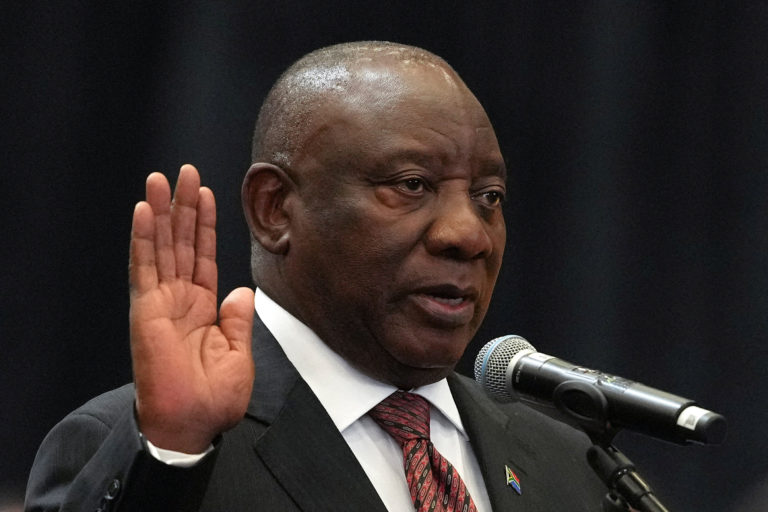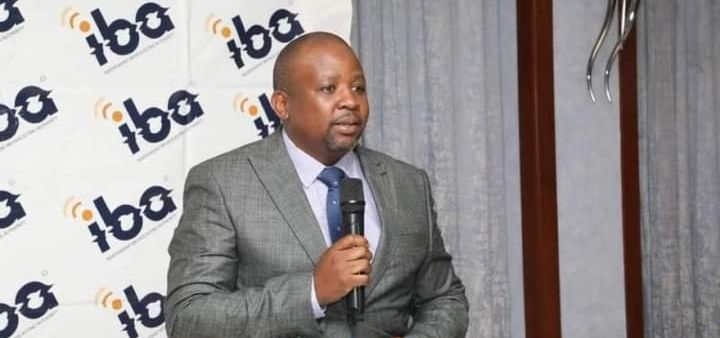Daily Life in Tanzania Daily life in Tanzania reflects the country’s cultural diversity and geographical differences. Here are some key points about daily life in Tanzania: Nature and Activities: Tanzania is renowned for its natural beauty. Outdoor activities such as safaris, mountain climbing (especially Mount Kilimanjaro), and beach activities are popular among both locals and tourists. Cultural Diversity: Tanzania is a rich mosaic of various ethnic groups. This diversity is evident in everything from food to music and clothing. Cuisine: Tanzanian cuisine typically includes maize, rice, sweet potatoes, bananas, and various meats and seafood. In the northern regions, especially Zanzibar, spices and seafood are prominent. Daily Life: In cities, people usually rise early and spend their days working, studying, or engaging in other activities. In rural areas, life tends to be more traditional and agriculture-based. Farming, particularly maize and coffee production, is a primary livelihood for many. Transportation: In cities and rural areas, public transportation options include buses, shared minivans, and motorcycle taxis (boda-boda). These are common for city commuting. Education and Health: Education and healthcare services are more developed in cities, while rural areas may have limited access. Education is provided through both public and private schools. Healthcare services are offered by public hospitals and private clinics. Social Life: Tanzanians are social and hospitable. Family events, community celebrations, and religious ceremonies are integral parts of daily life. Religious festivals, particularly among Christians and Muslims, are widely celebrated. Markets: In cities and villages, markets are popular places to buy fresh fruits, vegetables, food items, and other goods. Markets also serve as important social hubs. Clothing: Clothing styles vary depending on the region and culture. In cities, modern and Western-style clothing is common, while traditional attire is more prevalent in rural areas. Climate and Lifestyle: Due to the tropical climate, daily life is often adjusted to warm and humid conditions. The dry and rainy seasons significantly influence lifestyle.










